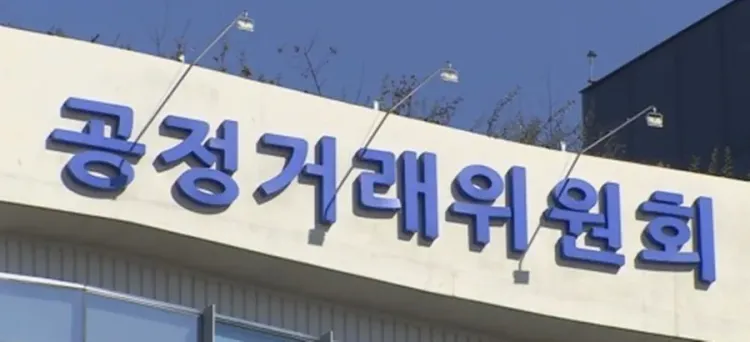Is South Korea Set to Impose Anti-Dumping Tariffs on Industrial Robots from China and Japan?

Synopsis
Key Takeaways
- South Korea's KTC proposed significant tariffs to protect local industries.
- Investigation initiated against Japanese and Chinese manufacturers for dumping.
- Potential tariffs range from 21.17% to 43.6% on industrial robots.
- Additional tariffs considered for fiberboard and sodium dithionite.
- Local competition is at the forefront of tariff considerations.
Seoul, Sep 25 (NationPress) On Thursday, South Korea's trade authority reached a preliminary conclusion to apply anti-dumping tariffs of up to 43.6 percent on industrial robots imported from China and Japan. This decision follows an initial inquiry that revealed potential harm to the country's domestic sector.
According to officials, the Korea Trade Commission (KTC) will advise the Ministry of Economy and Finance to implement tariffs ranging from 21.17 to 43.6 percent on industrial robots featuring at least four axes imported from these nations, as reported by the Yonhap news agency.
The KTC indicated that this action was taken to safeguard against damage to South Korean competitors while it continues a formal examination of the dumping claims.
The investigation was initiated due to allegations against two Japanese companies — Fanuc Corp. and Yaskawa Electric Corp. — as well as three Chinese manufacturers — Kuka Robotics Guangdong Co., ABB Engineering Shanghai Ltd., and Kawasaki Heavy Industries Ltd.. This followed a complaint lodged by HD Hyundai Robotics, a subsidiary of the prominent HD Hyundai Heavy Industries Co..
Additionally, the commission proposed anti-dumping tariffs between 11.92 and 19.43 percent on fiberboard imports from Thailand.
A final decision was also made to impose tariffs of up to 33.97 percent on sodium dithionite imports from China and 15.18 percent on particleboard from Thailand.
Last month, the trade authority suggested that the government approve a proposal from Chinese steel manufacturers to increase the export prices of their hot-rolled carbon and alloy steel plates over the next five years as part of anti-dumping measures.
According to the KTC, it is recommending this course of action to the Ministry of Economy and Finance for nine Chinese steel exporters, such as Baoshan Iron & Steel Co. and Jiangsu Shagang Steel Co..
These companies have put forward a price undertaking after the KTC made a preliminary ruling in February to enforce anti-dumping duties, having found that these exporters harmed the Korean steel market by pricing their products excessively low.
The KTC mentioned it would advise the ministry to impose anti-dumping tariffs of up to 34.1 percent for the next five years on other Chinese firms that did not present such proposals.









